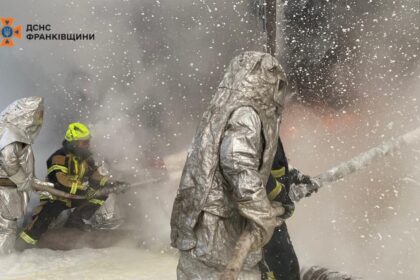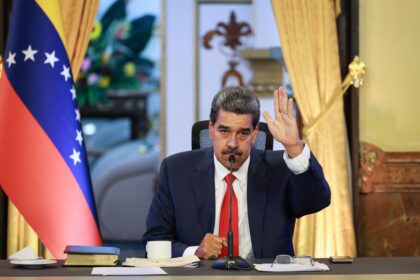**Russian Oil Prices Plummet to Two-Year Low**
Oil prices in Russia have hit a two-year low, falling below $50 per barrel. This significant drop is about 40% lower than what was planned in the Russian budget for this year. According to Reuters, the average price for Russia’s Urals and ESPO crude blends has fallen to $48.9 per barrel, the lowest level since May 2023.
**A Blow to Russia’s War Funding**
The Russian government had budgeted for a price of $82.6 per barrel for this year. This sharp decline in oil prices comes at a critical moment for Russia, which relies heavily on energy revenues to fund its war against Ukraine. As Western sanctions have not affected Moscow’s ability to sell its energy resources, the falling prices might now squeeze its war budget.
**Impact on Russian Economy**
The revision of Russia’s 2025 budget deficit forecast upward from 0.5% to 1.7% of GDP is a clear indication that the decline in energy prices will have a significant impact on the country’s economy. Additionally, due to the ongoing war against Ukraine, Russia has increased its defense spending for 2025 by 25%, raising it to 6.3% of GDP, the highest share since the Cold War.
**Trump’s Influence**
U.S. President Donald Trump’s recent comments suggesting that Russia is more willing to negotiate an end to its war against Ukraine following a sharp decline in oil prices have been seen as significant. The sharp drop in oil prices was triggered by Trump’s “Liberation Day” tariffs, which caused global oil prices to plummet.
**A Global Economic Storm**
The current economic uncertainty sparked by Trump’s actions has led to concerns of a global recession. This, in turn, has pressured global oil prices, leading to the sharp decline in Russian oil prices. The Organization of the Petroleum Exporting Countries (OPEC) agreement on May 3 to a large production increase in June will further pressure prices.
**Commentary**
The drop in oil prices is a significant blow to Russia’s economy and its war funding. As Trump suggests, this might be an opportunity for Russia to negotiate an end to its war against Ukraine. However, it remains to be seen how effectively the Kremlin can mitigate the consequences of this international economic storm on their economy.
**Analysis**
The sharp decline in oil prices has highlighted the vulnerability of Russia’s economy and its reliance on energy revenues to fund its war efforts. As global economic uncertainty continues, the impact on Russian oil prices is likely to be significant. The OPEC agreement will only add to the pressure on prices, making it challenging for Moscow to maintain its war budget.
The question remains: what will be the long-term consequences of this sharp decline in oil prices for Russia’s economy and its war efforts? Only time will tell.












